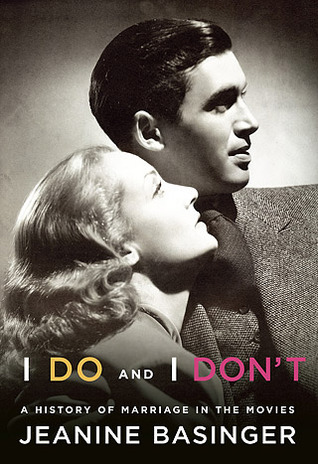What do you think?
Rate this book


685 pages, Kindle Edition
First published January 1, 2013
“Marriage,” said Eddie Cantor, long wed to his Ida and the parent of five daughters, “is not a word. It’s a sentence.”This is a fun read for old movie lovers. That's lovers of old movies, not movie lovers who are old. As a fan of romantic comedies and dramas, women's films, and movies with families, I was amazed at the depth and breadth of the knowledge displayed by the author. Or at least her research capabilities. There were a few minor inaccuracies (Scarlet O'Hara did not have 4 husbands in the novel [but she did have 3 children!]) It was a lot of fun to revisit so many of my old favorites, both important classics and the little known or forgotten. Some of the stand-out pieces in my view were the comparisons between the 3 versions of The Painted Veil, Lucy and Ricky, Friday Night Lights, her attention to the movies of the great Doris Day, Carole Lombard, Myrna Loy, Irene Dunne... gee the list goes on and on. I don't think she neglected any movie that marriage was a focus. The book combines a scholarly bent with a sense of humor and irreverent asides and comments. If a reader is not familiar with the movies discussed, and I venture a lot of readers would not be, the book would probably become tedious, but for me there was a treat on almost every page.